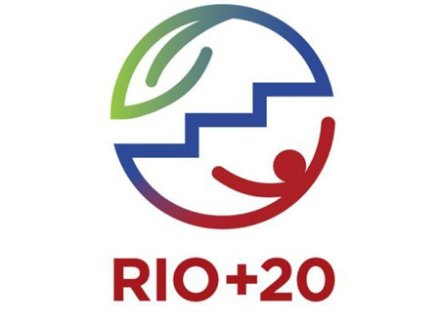~graham reeder
While climate change negotiations have stagnated over time due to a lack of political will, many are arguing that the diplomatic approach that the UNFCCC has taken to arriving at agreement—one where treaties and agreements are built out of what parties are willing to contribute or concede—does not do justice to the urgency and potency of the issues at hand. Some lawyers are arguing that a human rights based approach could benefit the process in that it gives the international community increased power to intervene and combat the defence of state’s sovereign rights to act as they wish within their own borders. While the rights based approach is multi-faceted and impact a number of different elements of UNFCCC negotiations, one element of human rights law stands out in terms of informing current climate negotiations: that of addressing liability for impacts, loss, and damage due to climate change.
There are a number of international treaties that elaborate human rights that are threaned by climate change, these rights include the right to life, the right to an adequate standard of living, the right to housing, the right to food, the right to health, and the right to self-determination; the treaties include the International Covenant on Economic, Social, and Cultural Rights (ICESCR), the Covenant on the Elimination of All Forms of Discrimination against Women (CEDAW) and the International Convention on the Protection of the Rights of All Migrant Workers and Members of Their Families (MWC). Many of the rights guaranteed in these treaties, particularly the right to life, are not to be interpreted in a restrictive manner; they require positive measures to be taken by states to protect them. The Human Rights Committee noted that states are responsible for preventing acts of mass violence causing arbitrary loss of life, which some have argued could include climate change. Preventing and minimising loss of life from natural disasters and other climate related events is an obligation of states who are parties to the aforementioned conventions.


 New Voices is The Washington Spectator's blog series by guest writers under age 25. The series spotlights a diversity of perspectives from students, journalists, artists, and activists. Interested in writing for this series? E-mail inquiries to comments@washingtonspectator.org.
New Voices is The Washington Spectator's blog series by guest writers under age 25. The series spotlights a diversity of perspectives from students, journalists, artists, and activists. Interested in writing for this series? E-mail inquiries to comments@washingtonspectator.org.


